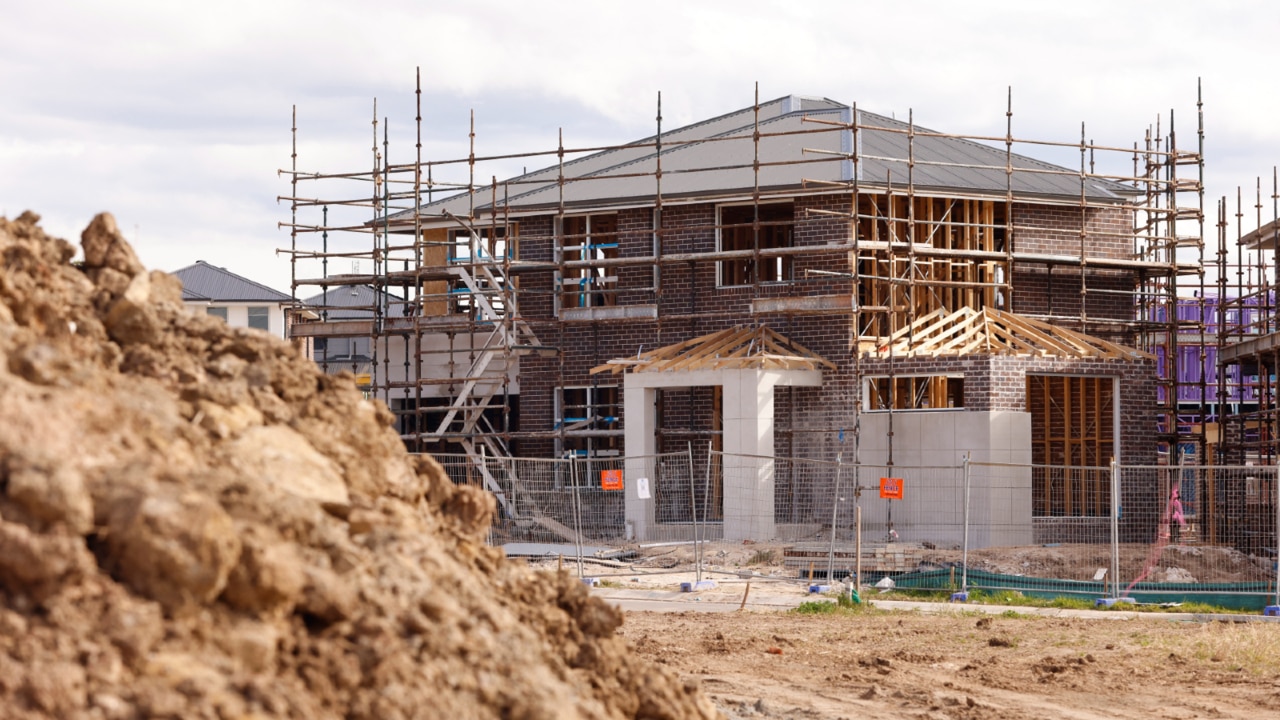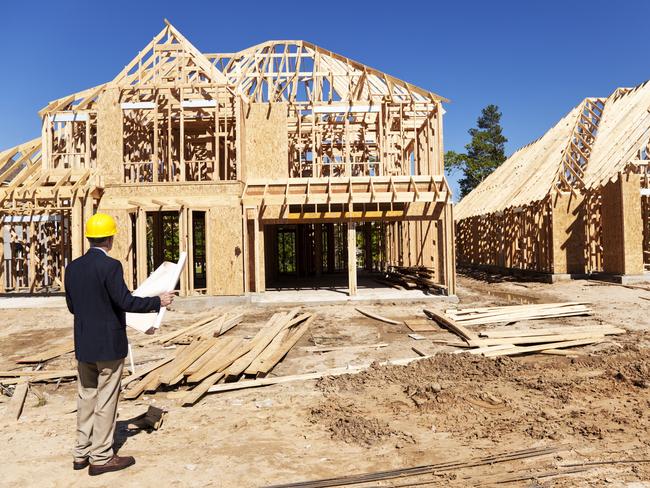Does saving on stamp duty make it worth the risk of building a home? | Kathryn Bermingham
Abolishing stamp duty sounds like an easy win for first homebuyers but there’s still a risk to leaping at this chance, writes Kathryn Bermingham.

Opinion
Don't miss out on the headlines from Opinion. Followed categories will be added to My News.
Moves to abolish stamp duty and make the first home owners grant available to all first home buyers will save more people more money – but there’s a big catch.
From Thursday, the government will remove eligibility rules that made the assistance available only to buyers of properties with a value of up to $650,000.
It’s a measure that will give buyers more choice over what – and where – they can buy, while still receiving the grant and having their stamp duty waived.
But the criteria is very clear: the concessions only apply on homes that are brand new, bought off-the-plan, a house-and-land package or vacant land to build on.
For many first home buyers, that is a daunting prospect.
When buying an established property, you know what you’re getting. It’s right there in front of you, ready to live in.
You won’t know everything, of course, but you can at least get a building inspection and get an expert opinion before you sign yourself up for 30 years of debt. If you do sign up, it will be yours straight after settlement.

When you buy a house that’s yet to be built, you put your trust – and often invest your life savings – in a construction company.
Then you wait, and you hope you won’t run into the same issues that so many other home builders have battled.
Last year saw the collapse of several prominent construction companies including Felmeri, Qattro and 7 Star, leaving some homes left unfinished and owners in limbo.
In other cases, customers have been hit with lengthy building delays or asked to pay extra money to finish their homes.
One southern suburbs mum told The Advertiser in April she had been asked to pay an extra $144,000 to complete her home after the expiration of her contract's “sunset clause”.
Builders themselves are dealing with supply chain issues and labour shortages. Who can say confidently what the market will be doing in 12-18 months’ time?
And when the build is complete and it’s time to hand the home over, many owners find their home is not what they thought it would be.
Research by the Australian Apartment Advocacy group has found 50-60 per cent of new apartments in Australia have defects, which can lead to extra levies.
All this makes it important to scrutinise the company and contract before you sign on the dotted line.
But for someone buying their very first property, the stakes are high.
And signing up for a new build feels a far riskier option than buying an established home.
The government’s eligibility criteria is a deliberate measure designed to increase the supply of housing and, in doing so, address a key contributing factor to the state’s housing crisis.
The benefits for those who chose to take up the scheme are enormous. Under the new rules, eligible buyers will save $50,000 on a $750,000 property.
But for some, the risk won’t be worth the reward.





